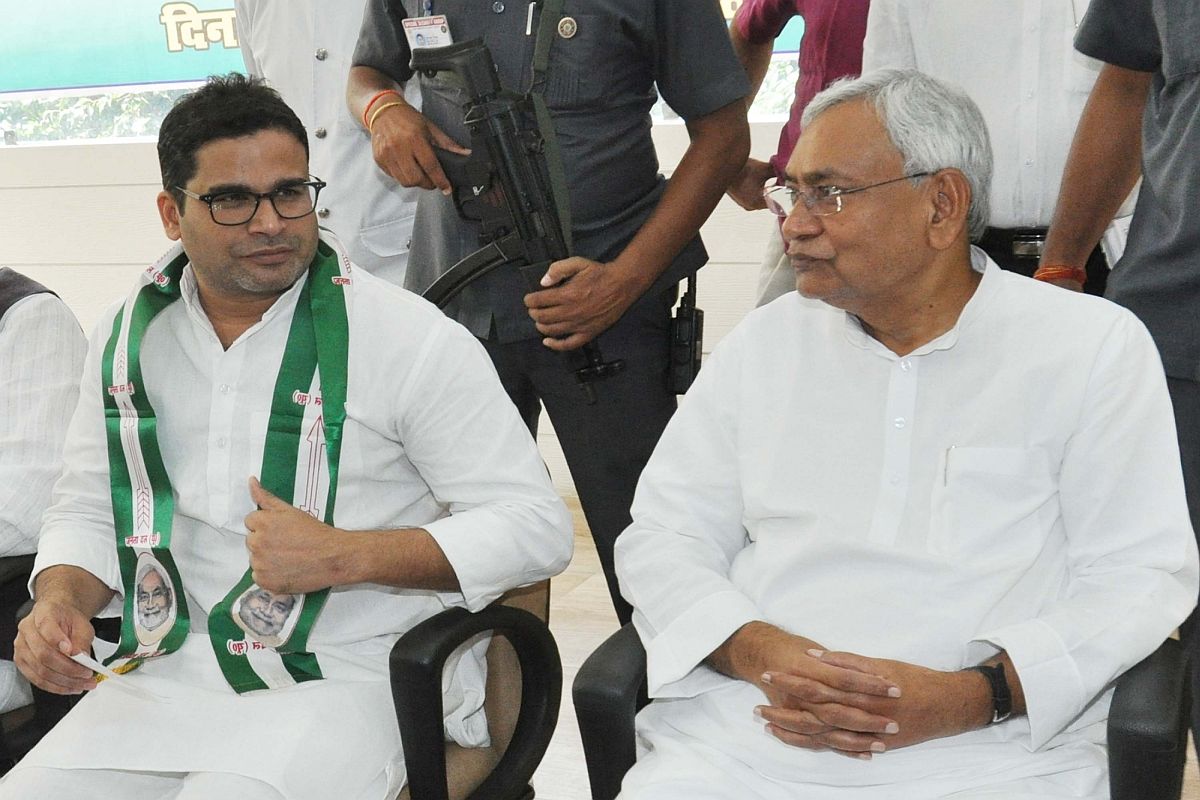The idea of “one nation, one election” has received conditional approval from poll strategist Prashant Kishor, who acknowledges that it is “in the interest of the country… if done with correct intentions.” The advantages of a single poll may include decreased costs and voter fatigue, according to Kishor, a pollster who has guided various parties to victories, including Prime Minister Narendra Modi’s BJP, Mamata Banerjee’s TMC and Nitish Kumar’s JD(U), among other regional parties.
Additionally, he warned that “overnight changes” could cause problems, a comment that many took as a jab at the BJP over rumors that it planned to move the 2024 general election to coincide with state elections later this year.
“If done with correct intentions, and there (is) a transition phase of four to five years, then it is in the interest of the country. This phenomenon was once in effect for 17-18 years.” He said.
Advertisement
A commission led by former President of India Ram Nath Kovind was entrusted on Friday with determining whether it would be possible to hold the national and state elections concurrently. The committee will recommend specific amendments to the Constitution, the Representation of the People Act and other relevant rules to ensure the legality of simultaneous elections. It will also dwell on the need for ratification by at least 50 per cent of all states, which must pass them in their Assemblies. It will also check the feasibility of holding elections to panchayats and municipalities, along with central and state elections.
This happened immediately after the government has called a special session of Parliament this month, which sparked rumors that the BJP, the current government, intended to call for a general election later this year, when certain states would also be holding elections. However, the government’s agenda for this session has not been confirmed.
Up to 1967, simultaneous voting was the norm; four elections were held in this manner. After some state assemblies were prematurely dissolved, the practice was abandoned. In 1970, the Lok Sabha was also adjourned for the first time a year early.
Making “One Nation, One Election” a reality was the BJP’s campaign promise.
Prime Minister Narendra Modi has previously said that holding elections every few months strains India’s resources and results in gaps in administration.









